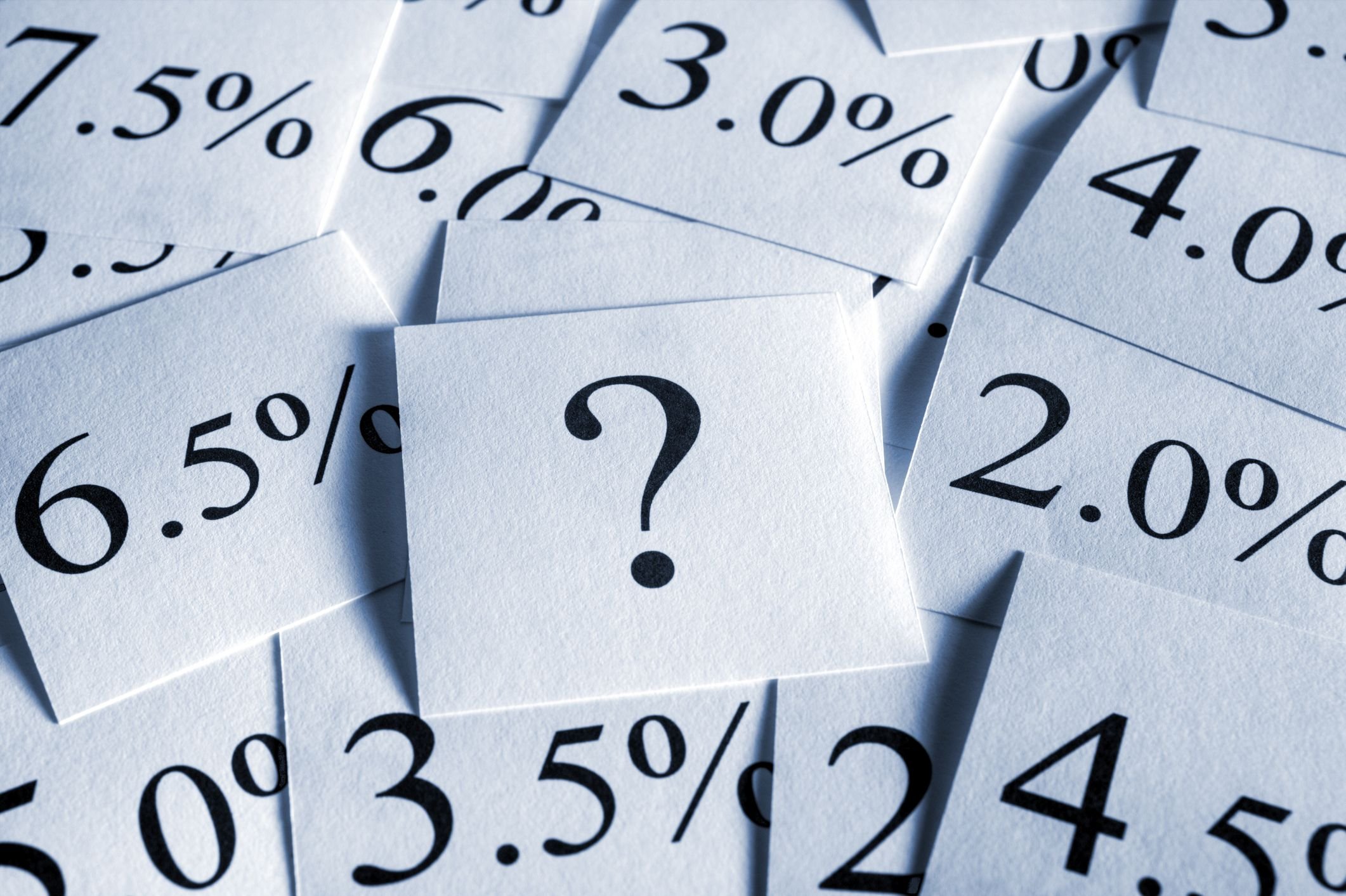If you're looking to boost your passive income stream with dividend-paying stocks, there's a tough dilemma that we all face. Stocks that offer high yields generally do so because their dividend payouts aren't growing very fast or at all. On the other hand, companies that raise their payouts quickly tend to offer unattractive yields.
Most, but not all, dividend payers can be easily sorted into the low or high yield camp with corresponding expectations for the growth of their payouts. Realty Income (O +1.06%), Verizon (VZ +11.83%), and Pfizer (PFE +1.26%) stand out right now because they have been raising the payments they send shareholders for over a decade, and they offer yields above 5% at recent prices.

Image source: Getty Images.
1. Realty Income
Shares of Realty Income have been delivering monthly dividend payments for over 50 years. Unfortunately, Treasury yields that have risen in recent years make reliable dividend stocks less attractive. Shares of this ultrareliable dividend growth stock are down about 22% from a peak they reached over three years ago.
Realty Income is a real estate investment trust (REIT) that employs net leases, which make its tenants responsible for all the variable costs that come with owning its buildings. Net leases lead to predictable cash flows. Since becoming a publicly traded company in 1994, the company has raised its dividend 131 times, or nearly every quarter.

NYSE: O
Key Data Points
A declining stock price amid steadily rising payouts means Realty Income stock offers an above-average yield of 5.5% at recent prices. Total distributions during the second quarter were 3.7% higher year over year, and continued growth at a similar pace or faster seems highly likely.
At the end of June, 98.6% of Realty Income's 15,606 properties were occupied, with a weighted average of nine years remaining on their lease terms. With rent escalators written into its long-term leases, investors can rely on this REIT to deliver steadily growing cash flows for many years to come.
2. Verizon
Shares of the largest member of America's three-way telecom oligopoly last reached an all-time high in late 2019. The stock is down about 28% from its previous peak, but its quarterly dividend payment keeps on growing. Last September, the company raised its payout for the 18th consecutive year. At recent prices, it offers a 6.1% yield.
Selling wireless services isn't the growth driver it used to be, but the business is still moving in the right direction. Second-quarter wireless service revenue rose 2.2% year over year to $20.9 billion. With help from a broadband internet business that added 632,000 net new subscribers in the first half of the year, total second-quarter revenue rose 5.2% year over year.

NYSE: VZ
Key Data Points
In July, Verizon raised its free cash flow forecast for 2025 to a range between $19.5 billion and $20.5 billion. Dividends paid in the first half of 2025 work out to an annualized $11.4 billion. In other words, the company has the means to maintain its dividend payout and significantly reduce debt at the same time.
3. Pfizer
Shares of Pfizer are down by about 59% from a peak they set in 2021, when it seemed its COVID-19 vaccine and antiviral treatment could continue producing record-breaking sales figures. These days, investors have been fleeing the stock in fear of upcoming losses resulting from expiring drug patents.
Pfizer has raised its payout every year since 2009. At recent prices, the pharmaceutical giant offers a big 6.8% dividend yield that could be on firmer footing than you might imagine.

NYSE: PFE
Key Data Points
Earlier this year, CEO Albert Bourla warned investors that a loss of market exclusivity wave could reduce annual revenues by $17 billion to $18 billion, beginning in 2026 and ending in 2028.
Drug patent expirations are a fact of life that all established drugmakers deal with year in and year out. Pfizer's about to experience a particularly rough patch, but it isn't something the company hasn't already prepared for. For example, in 2023, it acquired cancer drug developer Seagen for $43 billion in cash.
By 2030, assets acquired from Seagen and others are expected to generate more than $20 billion in annual sales. It's a long way from guaranteed, but there's a good chance that new products can allow Pfizer to maintain its dividend-raising streak in the decade ahead. Adding some of the high-yielding shares to a diversified portfolio now looks like a smart move for folks who want to pump up their passive income stream.





